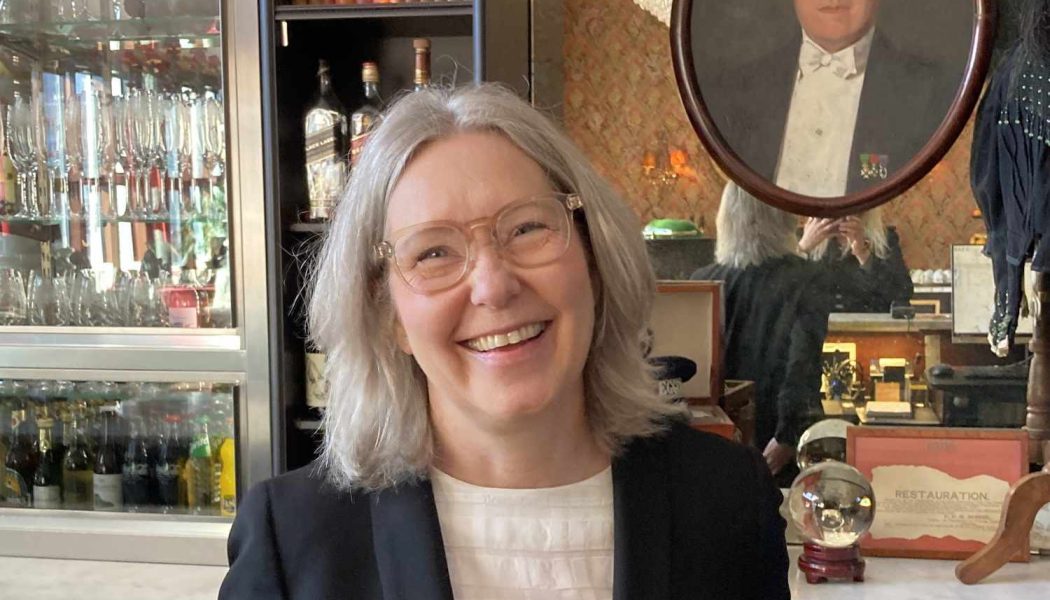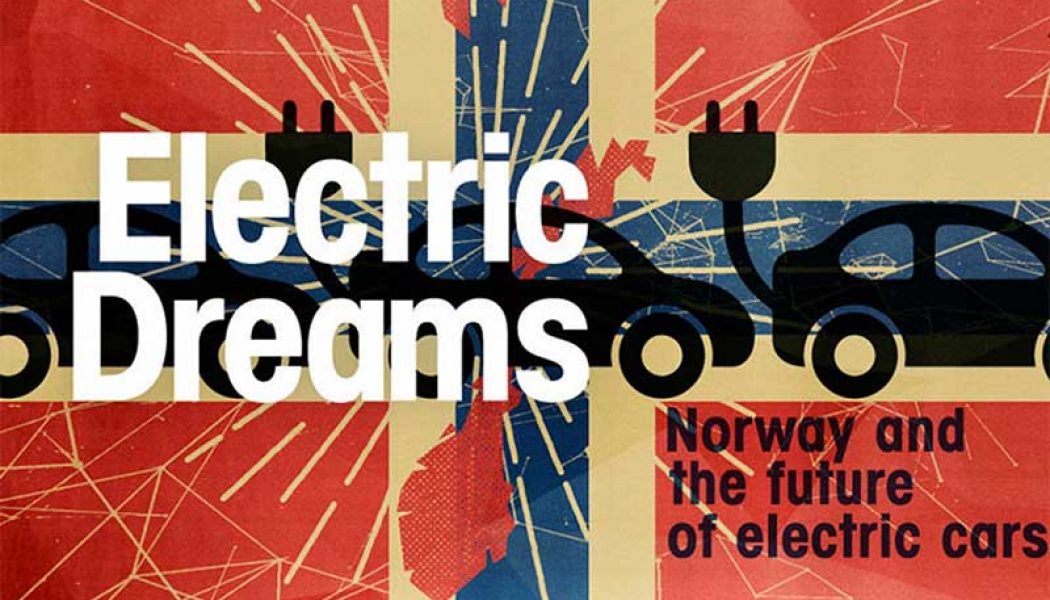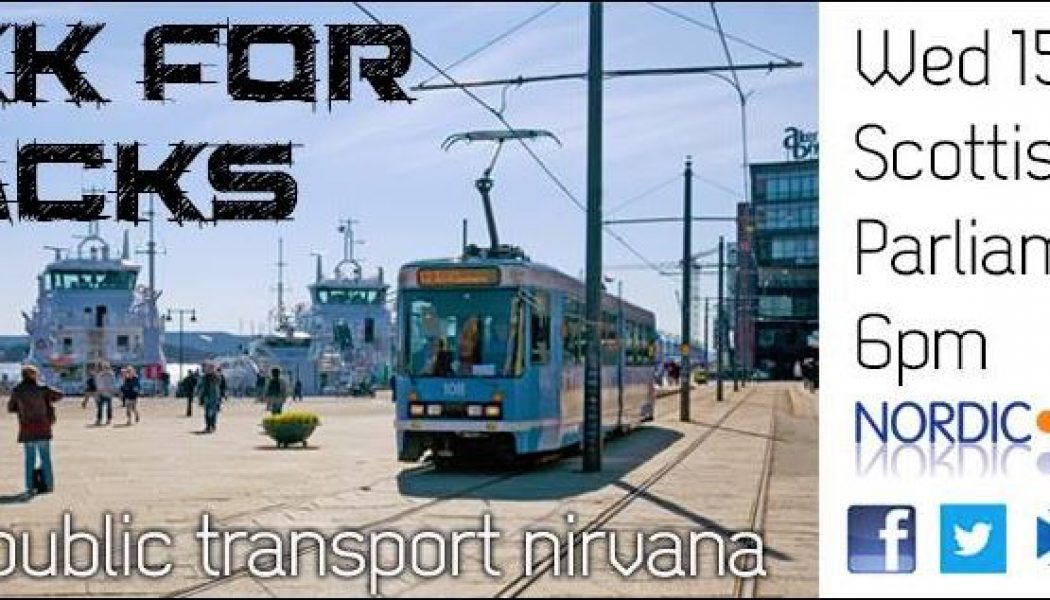Transport
Is Gothenburg Sweden’s green capital?
Gothenburg once boasted the world’s largest shipyards, but faced with Japanese and Korean competition, the oil crisis and a world economic downturn, the city was brought to its knees in the 1980s, with 5 kms of empty dockland and 20 thousand unemployed people. But though shipbuilding was down, Gothenburg was not out. The City Council bought the empty shipyards for one Swedish krona – that’s 2 pence – financed new house-building, new secondary schools and linked up with Chalmers University to set up Lindholmen Science Park. It attracted the Swedish mobile phone maker, Ericsson who created a cluster of ten thousand people in other IT companies round its new HQ. This inter-dependency helped the sector survive the dot.com crash. The biggest advance though, followed the biggest setb...Read More
Electric Dreams
Electric cars in Norway have risen to a record 54% market share, making this Nordic country the first in the world where the sale of electric cars has outstripped any other type for a full year. It’s quite a milestone for January 2021 and was forecast in a Nordic Horizons event just over two years ago. There’s nothing mystical about Norway’s electric car success – using taxes and giving leccie cars traffic priority have been big factors. Read more about the latest news via https://www.theguardian.com/environment/2021/jan/05/electric-cars-record-market-share-norway. Watch the short video about Norway’s electric car strategy in the Nordic Horizons clip below. It features Petter Haugneland, Communications Director, Norwegian Electric Vehicle Association. Vimeo V...Read More
Takk for Trams
Takk for Trams – Digital Notes Wednesday 15 January 2014 Oslo –public transport Nirvana Hanne Bertnes Norli from Ruter Weds January 15th 2014 Members Restaurant, Scottish Parliament 6-8pm Hosted by Gordon Macdonald MSP Chaired by journalist and NH Director Lesley Riddoch Background Oslo, Edinburgh and Glasgow have a lot in common. The population of the Norwegian capital is 593k, Edinburgh 495k and Glasgow 598k. But Oslo transport leaves its Scottish cousins standing with 6 cross-city tram lines with 99 stops, 6 cross-city underground train lines, 60 bus lines and 6 passenger ferry lines to neighbouring towns and the peninsula of Nesodden. Car transport is not forbidden – there’s an expanding network of inner city tunnels — but it’s taxed. Drivers are charged (roughly £3) every ...Read More






